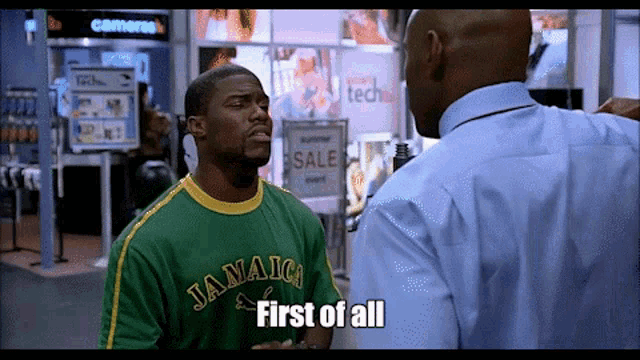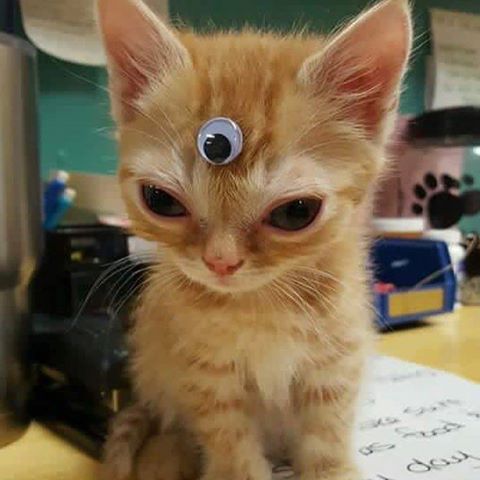Palindromes? Haha right guys so funny
Totally not feeling inadequate as a vs graduate again. How bout them FAANGS, haha Arch
It’s not complicated at all: https://en.m.wikipedia.org/wiki/Palindrome. Not really something that’s education-specific, in this instance (though I suppose it’s commonly used in entry-level programming classes since it’s a simple concept).
Yea but I’m just generally dumb in a pool of smart people. Not like I’m using palindromes in everyday conversation so when I see it I gotta look it up. Like when I saw a Fibonacci sequence and mentioned that it looks like something I’ve seen before but couldn’t remember where. This doesn’t even touch on why the syntax mentioned is a palindrome 😆
All it means is if you were to reverse the order of the characters, you’d get the same string you started with. So “dog” isn’t a palindrome because when you reverse it, you get “god”. “dog god” is a palindrome, though, because if you read it backwards, it’s also “dog god”.
Do you even nerd bro? I bet you have sex too.
Only Arch in my day is the one in my girlfriend’s back as I crank my hog to old Superbowls on VHS bro
Nobody uses palindromes in everyday conversation.
They are only useful as nerd jokes, interesting math facts (with no real world application), and stupid leetcode algorithms (with no real world application).
Nearly everybody here knows about them because nearly everybody here is exposed to lots of instances of those 3 categories. You could be feeling out of the loop, but you shouldn’t at all get impostor syndrome from it.
That’s actually a great response and just wanted to let you know I appreciate it. I’m actually pretty good with where I’m at and just joking around but your messages made me feel good and I wanted to let you know that and I appreciated it
“a word or phrase that reads the same backwards as forwards”
This is not a word or phrase.
If you defined () as a word or phrase anyway, ‘()()’ would be a palindrome.
This is wrong and dumb.
()() backwards is )()(. That’s not a palindrome.
Calm down, everyone. Brackets form a tree structure, and can be represented by a free magma, while strings with concatenation are equivalent to a free monoid. You’re essentially asking for the two respective common nilpotent operations to be connected by this map, just because they’re nilpotent, which put that way is a wild guess at best. In fact, reversing this string produces something outside the range of the map entirely, which can’t be surjective for combinatoric reasons.
… Yeah I might be the only person that finds that useful.

I’m just going to assume those 4 dollar words are real and you aren’t just misspelling normal words to fuck with us.
Non surjective free magma? What about the doblastic amortized basalt?
I was saying unipotent at first instead of involutory, which was actually the wrong jargon because of the context, but I’ve fixed that now. Yes, they’re all real.
A glossary:
Map, although in this context I could probably have just said function. I go with map by default when thinking bidirectionally.
I think most people here will know combinatorics, the study of the different possible configurations of something. The number of n-length strings with two possible characters is 2n, as coders should all know, and the number of trees turns out to be Catalan’s numbers, many of which have prime factors other than 2. This is an injective map from n node trees to 2n character strings, so it’s possible, but you’ll (almost?) never get a perfect match, so by the pigeonhole principle it can’t be surjective.
I’m wondering now if Catalan numbers are O(n!). The equation has a lot of n! but it also has a certain smell like it might depend on big or little o.
You are awesome.
Lemmy is better for you being here. Thanks for the reading material!
yeah but that’s just like your opinion man
I mean,
the part about the “wild” guess is, but this is a counterexample, and something like the reciprocal vs the negative of reals or rationals when moved across the log map would be an example. So, either you’re a galaxybrain that just instantly knows if the transformation is structure-preserving in that way, or you’re guessing to some degree as well.
The symbols and abstractions have touched me in no-no ways. I miss okaybuddyphd on r*ddit, they knew the pain.
I suppose I could also just say that characters which aren’t just drawn asymmetrical, but actually point in a direction as part of their function, look wrong when reversed like this. So, (e) -> )e( is no good, but bed -> deb is fine.
Let us substitute: ( - x, ) - y
Thus ()() becomes xyxy
())( becomes xyyx
Now clearly it can be seen, even while high, that the second one is and the first isn’tOkay, but yes it is if you aren’t being extremely technical and pedantic.
AHEM…taps community name
Had to take a break and come back later before it made sense.
By the gods
A palindrome is about symbols. Not the visual representation of those symbols.
Tbh, at first sight I was like “wtf they’re talking about? Is this a regexp or some kind of string formatting? In which language?”
Ahaha I hate you. Have a great day !
for those too lazy to google,
palindrome /păl′ĭn-drōm″/ noun A word, verse, or sentence, that is the same when read backward or forward. “madam; Hannah; or Lewd did I live, & evil I did dwel.”() () backwards is )( )(
() )( backwards is () )(this took me a while but after converting to ascii in hex I get it
“())(” = 40 41 41 40
“()()” = 40 41 40 41
As long your strings aren’t null terminated
As long your strings aren’t null terminated
What kind of monstrous bug prone language would do that?
This is especially terrible when lying in bed. With a keyboard or pen and paper you can make sense of it, it hurts my brain a bit to visualize it though.
fuck that was unexpected
Fucking.
1212 isn’t a palindrome, but 1221 is.









